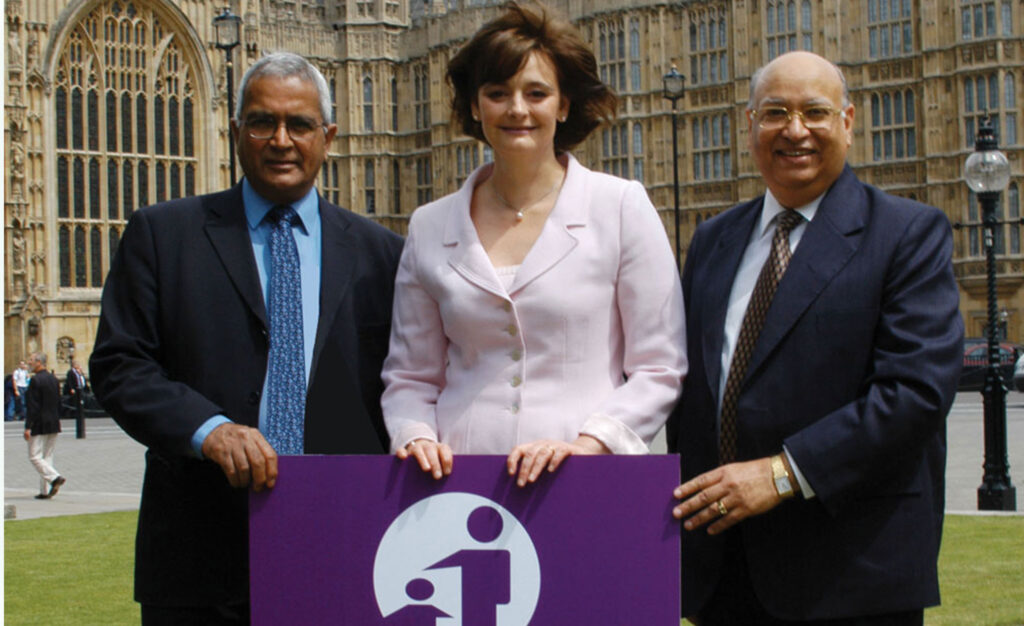Origin of International Widows Day
New York, December 21,2010. The 65th General Assembly of the United Nations was gathered in the General Assembly Hall for its 75th plenary meeting when ali Bongo Ondimba, president of the Republic of Gabon, a sub-Saharan country located on the Atlantic coast of Africa bordered by Equatorial Guinea, Cameroon and the Republic of Congo, rose to speak.
The topic of President Ondimba’s address was the desperate plight of millions of widows all over the world, women who for no reason other than the loss of their husband are ostracised by their communities; deprived of their livelihood and possessions; unable to support their children and all too often condemned to a life of indignity and destitution.
It does not take a genius to figure out that such injustice undermines the very communities that perpetuate it; that aside from the moral wrongs, this widespread and deeply embedded discrimination entrenches poverty and suffering, and destabilises the social fabric. What is most shocking about the plight of widows is how widespread it is, yet at the same time how invisible.
In his resolution, President Ondimba emphasised that economic empowerment of women, including widows, is critical if we want to eradicate poverty. Women, including widows, should be an integral part of the state they live in, he said, calling on all Member States, the UN itself and other international organizations, to give special attention to the plight of widows and their children, and to raise awareness about this issue around the world.
President Ondimba called on the General Assembly to institute an annual day of action to highlight this important cause and to fight discrimination against widows. The day was to be called International Widows Day, and it would take place every year on 23 June. The journey to that General Assembly session in New York began more than half a century earlier in Dhilwan, a small rural town in the State of Punjab in India, when Raj Loomba’s father passed away and his mother became a widow at the age of 37. The date was 23 June 1954 (See Our story).








